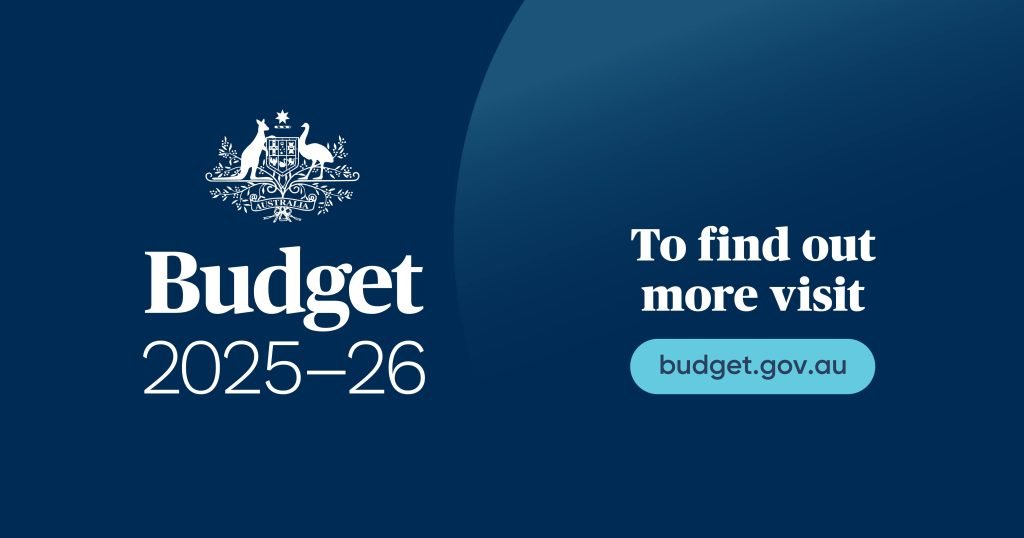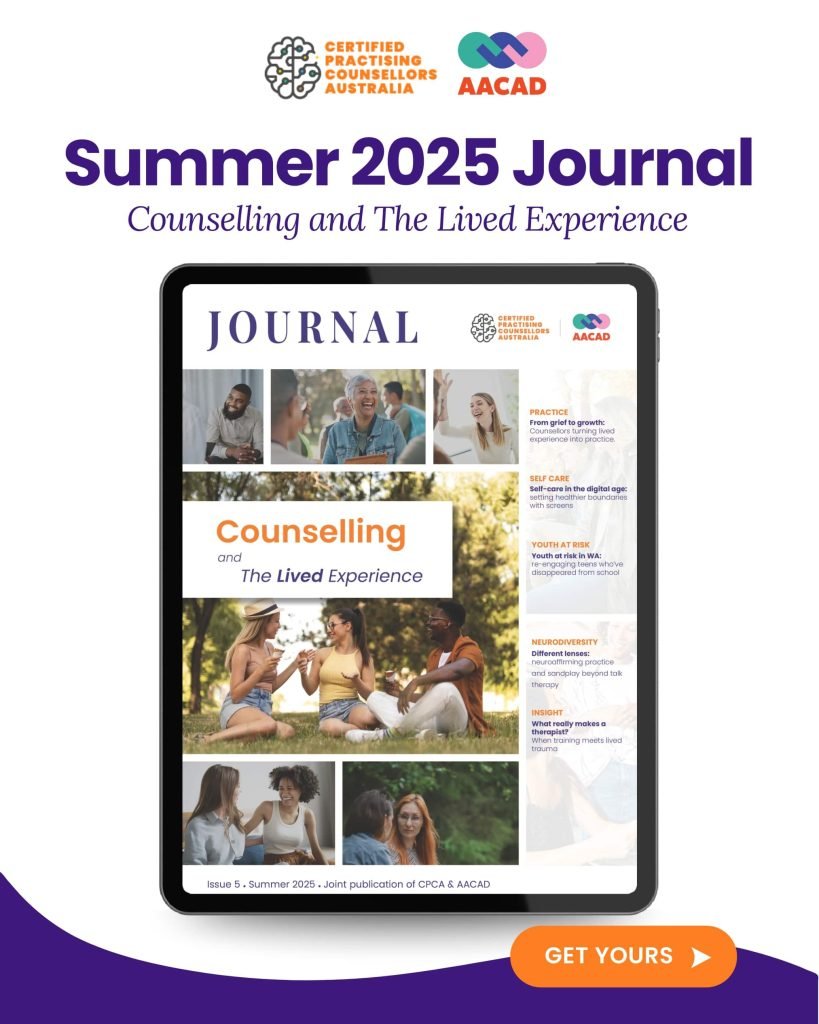Counselling is one of the fastest-growing professions in Australia, with increasing demand across mental health, education, aged care, disability services, and private practice. If you’re passionate about helping others and want to make a real difference, a career in counselling might be the right path for you.
In this guide, we’ll explore everything you need to know about how to become a counsellor in Australia—from qualifications and course costs to registration and career pathways.
Why Choose Counselling as a Career?
Mental health is now a national priority, and Australians are seeking support more than ever. Counselling offers a rewarding, flexible, and meaningful career path that allows you to work across a wide range of settings—including private practice, schools, community health, aged care, and more.
Whether you’re just starting out or looking to switch careers, counselling provides opportunities to work with diverse clients and support their emotional, psychological, and personal wellbeing.
Step 1: Choose the Right Counselling Qualification
The most common entry points into the profession are through a:
- Diploma of Counselling (CHC51015)
- Bachelor’s Degree in Counselling or Psychology
- Master’s Degree in Counselling or Psychotherapy (for those with an undergraduate degree)
The Diploma of Counselling
The nationally recognised CHC51015 Diploma of Counselling is a popular entry-level qualification. It’s suitable for:
- New students
- Career changers
- Support workers seeking formal counselling skills
Course Duration: 12–24 months
Delivery: Online, blended, or in-person
Cost: Approximately $1,699–$12,000 depending on the provider (some VET Student Loans available). CPCA partners with ACCSC, who offer the CHC51015 Diploma of Counselling and provide free CPCA membership to students enrolled through their course.
A diploma qualifies you to work in support roles and entry-level counselling positions and is often a stepping stone to further study or private practice (with the right supervision and membership).
Step 2: Join a Professional Counselling Association
In Australia, counselling is a self-regulated profession. This means counsellors are not registered under a national board like psychologists but are expected to join a recognised professional body.
Joining a body like CPCA ensures you meet professional and ethical standards, access insurance and supervision, and are listed on a national directory.
Step 3: Complete Supervised Practice
Many counselling associations, including CPCA, require new practitioners to complete a minimum number of supervised client hours before being eligible for full membership or private practice.
This ensures you’re not only qualified but confident and competent to support clients ethically and effectively.
Step 4: Set Up Your Counselling Career Path
Once you’re qualified and registered with a professional body, you can begin shaping your career. Some counsellors choose to:
Work in Community or Allied Health
Support roles in aged care, disability services, NDIS, and school wellbeing programs.
Work for an Employer
Join an Employee Assistance Program (EAP), non-profit, or private clinic.
Start a Private Practice
Work independently offering services in person, online, or hybrid. CPCA members can access insurance and support for starting a counselling business.
What Does It Cost to Become a Counsellor?
| Item | Estimated Cost |
|---|---|
| Diploma of Counselling | $1,699–$12,000 |
| Professional Membership (CPCA) | From $50/year |
| Insurance | From $180/year (CPCA insurance partner) |
| Supervision (if needed) | ~$80–$150 per session |
Career Outlook & Opportunities
Counsellors are in high demand across:
- Mental health and wellbeing services
- Aged care and NDIS
- Youth, school, and community services
- Online and telehealth counselling
- Addiction, grief, trauma, and relationship therapy
While Medicare rebates are currently only available for registered psychologists, there is growing advocacy for counsellors to be included—especially in underserved and rural areas.
Final Thoughts
Becoming a counsellor in Australia is a practical and achievable goal for many people. Whether you start with a Diploma of Counselling or pursue a degree, the pathway offers flexibility, affordability, and the chance to genuinely support others.
Ready to take the next step?
📘 Download the CPCA Membership Guide
🔗 Learn more about becoming a member



